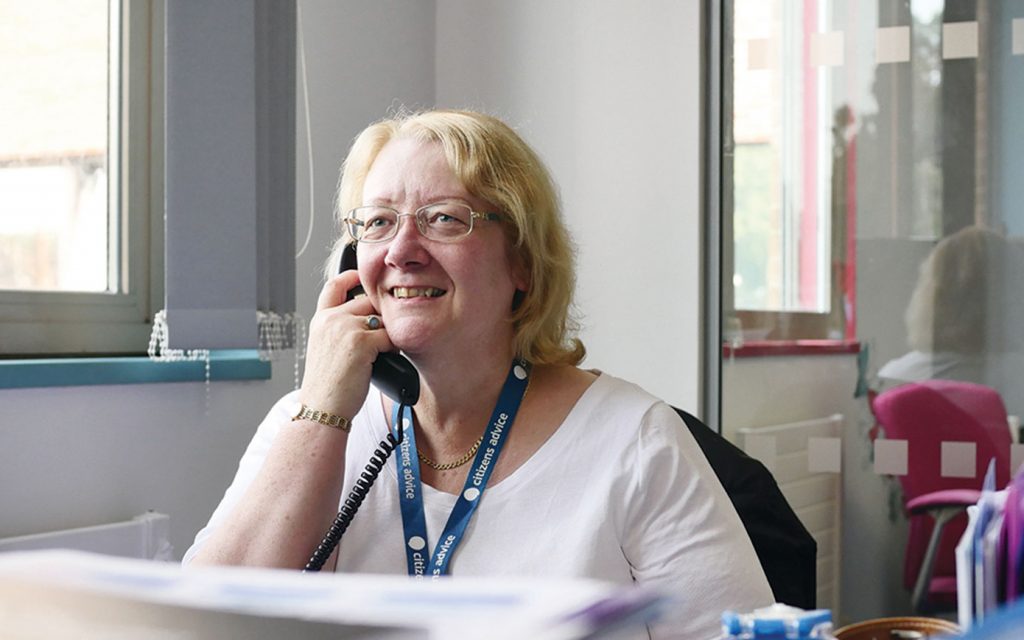End of life planning: Making plans for after you die
End of life planning means thinking about and making plans for what happens after you die. It might involve writing a Will, planning your funeral and arranging brain or organ donation.
On this page, we’ll cover:
- What is end of life planning?
- Writing a Will
- Arranging your funeral
- Brain, tissue, and organ donation
- Managing your social media accounts
What is end of life planning?
End of life planning involves making decisions and taking steps toward what needs to happen after you die.
These plans make sure your loved ones understand your wishes and that they won’t need to make these decisions for you.
When approaching the end of life, it’s natural to think about what you want to happen after you die and you may want to discuss the subject with your loved ones. It can be helpful to have your wishes written into your Advance Care Plan , your end of life care plan, or your Will.

Get support
If you need advice or someone to talk to following a terminal diagnosis, our Support team is available by phone, email or live-chat.
Things to think about during end of life planning
Writing a Will
Writing a Will is an important step in making sure that the people and causes you care about are provided for after you die. It also prevents your loved ones having to decide how to divide your assets among themselves.
Your Will is also a chance to make sure your loved ones understand what kind of funeral you want and whether you want to donate your brain, tissue or other organs.
Learn more about writing a Will
Arranging your funeral
Some people want to decide how their funeral will be, but it’s perfectly natural to not want to think about this. However, if you don’t, your loved ones will need to plan the funeral after you die.
If you do want to plan your funeral, here are some things you may want to think about:
- Do you want to be buried or cremated? And where?
- Where would you like the funeral to be held?
- Are there any special clothes you want to wear?
- If you’re cremated, do you want your ashes kept or scattered?
- Are there specific readings, prayers, poems or music you would like?
- Do you want people to send flowers or donate to a charity?
There are resources available to help you think about what you want from your funeral and record your wishes so your loved ones are aware of them.
Speaking with a funeral director can also help you plan your funeral. They can often do more to help you achieve your ideas than many people realise – even if you think your ideas are a bit unconventional.
Unfortunately, funerals are expensive. You may have already put plans in place to pay for your funeral, or you may be able to do this now by:
- pre-paying for your funeral by setting up a funeral plan or insurance
- leaving money in your Will for the funeral.
If you or your loved ones can’t afford to do this, and they are getting certain benefits, they may be able to reduce the cost by applying for a Funeral Expenses Payment from the government.
There may also be further financial support available after you or a loved dies.

Expert advice and guidance
Speak to our experienced advisors for advice on the support you may be entitled to if you’ve lost a loved one.
Brain, tissue and organ donation
Brain donation isn’t something that many people think about or know about, and some find it hard to consider. But others see it as a way to make a difference for those in the future, and loved ones can find this a comforting thought.
If you give researchers access to your brain tissue, it can help their work. They might use it to develop new and better treatments, find a cure faster and prevent other families being affected in the same way.
Of course, brain donation isn’t for everyone. But if it’s something you think you’d like to do, it needs to be planned in advance. This is because processes have to be put in place so that the donation can take place as soon as possible after death (usually within 72 hours).
If you want to donate other organs or tissues as well as your brain, you may be able to do so. But, timings of when organs need to be taken may make this difficult. The donation of other organs is a separate donation system, but talk to the individual brain bank you intend to use and also your healthcare team.
It’s recommended that in all cases of donation, you let your loved ones know of your wishes.
Some people worry that their religious beliefs may not allow organ donation. However, most religions and belief systems in the UK do support the principles of organ donation and accept that it’s an individual choice. If you’re unsure, or have any questions, speak to an adviser from your faith.
Managing your social media accounts
Part of end of life planning is deciding what happens to your social media accounts after you die. This is also known as managing your digital legacy. It is an important thing to consider in today’s increasingly digital world.
For some of your loved ones it may be difficult to see messages on your social media, especially from people who aren’t aware of your terminal diagnosis. You could delete your accounts now, but many people don’t want to do this.
Deleting somebody’s social media or email account after they die can be a time-consuming and distressing process. Often family members will need to provide proof you’ve died and that they’re an immediate family member.
It can prevent a lot of difficulty if measures are put in place beforehand. Perhaps write down the various passwords and give them to a trusted friend or family member who can use these later. Or set up password managers on your computer and leave details in your Will.
Some platforms allow you to either request that your account is permanently deleted after you die or set up a legacy contact to manage your account.
A legacy contact can pin a tribute post on their timeline and respond to new friend requests, but they can’t post as the person or see their messages. Depending on the settings, other friends can share memories of you.
Support and Information Services
Research & Clinical Trials Information
You can also join our active online community.
In this section
Get support
If you need someone to talk to or advice on where to get help, our Support and Information team is available by phone, email or live-chat.
Recommended reading
- Blog: Shona Floyd on her daughter’s brain donation
- Blog: dying well – improving end-of-life care for brain tumour patients
- Support and information
- Children and Families Service
- Young Adults Service
- Financial support after receiving a terminal diagnosis
- Parental Bereavement Bill
- Financial support after a loved one dies
Share your experiences and help create change
By taking part in our Improving Brain Tumour Care surveys and sharing your experiences, you can help us improve treatment and care for everyone affected by a brain tumour.